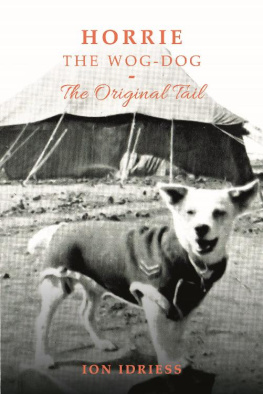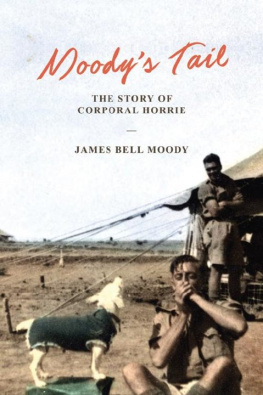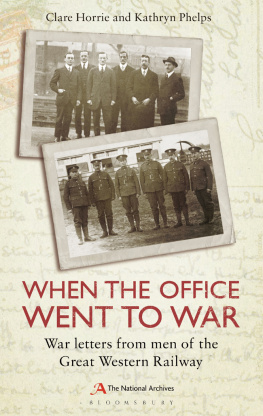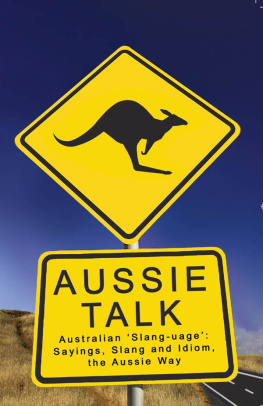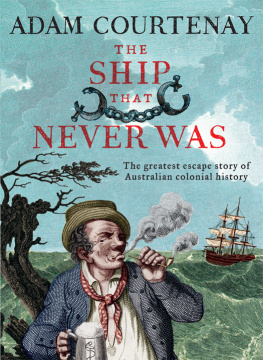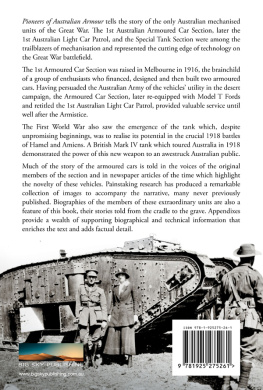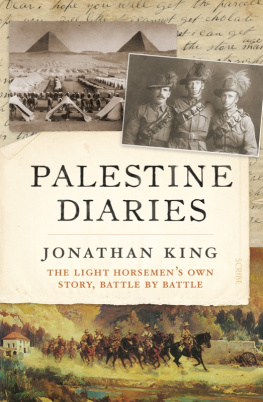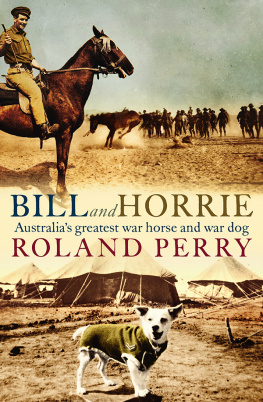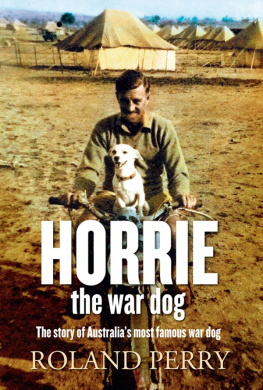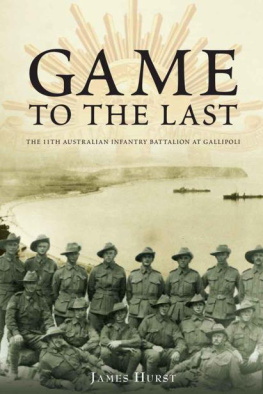This edition published by ETT Imprint, Exile Bay 2017
ETT IMPRINT
PO Box R1906
Royal Exchange NSW 1225 Australia
First published by Angus & Robertson Publishers Australia 1945. Reprinted 1948 (three), 1949, 1951, 1955.
First published by Bobbs Merrill in the USA as Dog of the Desert, 1945.
Idriess Enterprises Pty Ltd, 1945, 2017
This book is copyright. Apart from any fair dealing for the purposes of private study, research, criticism or review, as permitted under the Copyright Act, no part may be reproduced by any process without written permission.
Inquiries should be addressed to the publishers.
ISBN 978-1-925416-98-5 (ebook)
ISBN 978-1-925416-99-2 (paper)
Design by Hanna Gotlieb
CONTENTS
11.
1
INTRODUCING THE DESERT, THE PUP, AND THE REBELS
A LAND of the dead. An oasis vanishing in the breathless heat. Sands of Egypt more pitiless still by reflection from parched black rocks. This is the Western Desert, the eerie land that was. On the edge of this desolation was our military camp, in the Ikingi Mariut area.
A phantom land. For that distant eastern city had long since vanished as the mirage was vanishing now, leaving bare the black range. Among those rocks were innumerable caves, the sepulchres of thousands of mummies. Truly, death had long since conquered this land which once built proud cities pulsing to the activities and voices and feet of men, women and children. I wondered what those folk had looked like. Fantastic now to imagine this desert was once a land flowing with milk and honey. But such was an historical fact in the pages of time.
Nothing, surely, could ever now live in this desolation.
With relief I dismounted from the cycle, wiped a sweating brow. Which introduces you to me, J. B. Moody of the 6th Division, A.I.F., training in Egypt for whatever the future might hold. A toss-up, I knew. Heads to join the sleepers of the desert, tails to see dear old Australia once again.
Somewhere in the distance behind, Don my mate was clinging to his motor cycle, bumping over rock to squish into patches of shifty sand. With eyes staring straight ahead he would be clinging to his machine, nursing it to the engines limit, using all the desert cunning he knew while seeking to learn more, more.
We were playing a game, a game of approaching war. The knowledge gained was destined to save our lives when the armies of death came sweeping over the land. I pencilled a compass course on a slip of paper and buried it under a tiny clump of stones. I mounted again and rode away on that course, never deviating.
Dons job was to follow me and locate that heap of rock, then follow on in the compass course.
A difficult job, to find the hidden course then ride straight as an arrow across broken desert, locate the course again, then speed miles farther in a different direction as indicated by the hidden instructions.
When commencing our game Don would allow me a start of fifteen minutes from the Wogs bakehouse, a rough shed where the bread and sand were baked for the troops by Arabs under the supervision of Tommy soldiers. Don would then follow on, catch me if he could; if not, he would locate me at the end of the final stage.
This morning I was now on the last stage. I chugged along to the end and dismounted. Propping the cycle up, I sat in the ridiculous shade it offered and dreamily lit a cigarette, awaiting Don.
Don Gill, with his steady brown eyes and quiet smile, dark hair brushed any old way, slight of physique but wiry as whipcord, Don who would stand by a mate to the last. We were attached to the Signal Platoon as dispatch riders.
Hearing the sound of the approaching cycle my attention was attracted by a whitish object. In surprise I saw it a small pup racing from rock to rock, a grim earnestness in his obviously tiring movements. He poked his small nose under rock after rock, striving with might and main to lever up the impossible weight, only to dash away to another rock. As he panted past I fancied his eyes held the glare of despair. Not even noticing my presence, his straining attention was directed to the lizards he was so futilely chasing.
Poor little beggar, I thought, thin as a scarecrow, hes desperately hungry.
What is it? inquired Don as he dismounted.
A funny little white pup; looks as if he hasnt had a feed for days.
A pup! Away out here! Where on earth could he have come from?
Perhaps hes been abandoned by some Italian family who feared the bombing at Alexandria.
Hes just about knocked up.
Yes.
Do you reckon hes an Arab dog? I asked doubtfully.
Could be anything from the look of him, replied Don. A foreigner for certain. Doesnt understand our language.
Here pup, good dog, here boy! cajoled Don.
He ignored us for a while; then as if for the first time attracted by human voices, he stood and pantingly surveyed us, quaintly defiant and suspicious.
What a comical little joker, laughed Don.
He was funny. His coat was a dusty white emphasized by a sandy-coloured stripe running along his back. On quaint, stubby legs he stood barely a foot high. The front legs were bowed like those of a miniature bull-dog, his long body out of proportion to his height. His extraordinarily intelligent little face was pinched and forlorn, with an expression now changing from dire suspicion to one of inquiring hope. His stub end of a tail rose erect; his sharp little ears alternately stood to attention then dropped at ease.
Hes doubtful about us, said Don. Hes not sure whether he can trust us.
He certainly looks like he feels. I suppose the poor little fellow has been chivvied from pillar to post.
To our sympathetic voices the outcasts tail wagged invitingly. Then he regarded us in expressive imitation of a question mark.
He thinks we might help him, grinned Don. Come here puppy, old boy.
The pup answered with a knowing leer.
Hes not to be won with salt on his tail, smiled Don. Well have to win his confidence somehow.
We advanced towards him, cracking our fingers. He stood his ground.
Hes frowning, laughed Don. Wont give an inch of ground if he can help it;
Then I developed a brain wave.
Lets chase lizards with him, I suggested.
I gave him a hand by removing a rock under which a particularly fat lizard had evaded him. His little stub wagged furiously; he charged in to the kill only to finish up with a mouthful of sand while the lizard darted under another stone. The pup wheeled around with a yelp of frustration, gazed up with such an air of Now, wouldnt it? that I hadnt the heart to laugh at him.
We toed over another stone, and as a lizard scuttled away the pup was after it with an excited yap. Again and again his little stub tail waggled thanks for helping him, he chased lizard after lizard but all escaped him. He gazed up with irresistible brown eyes appealing for further assistance.
Please take this seriously, he seemed to say. Im very hungry.
He would let us touch him now.
I could feel his little ribs were only just covered by his silky, short-haired coat.
He doesnt seem to have been doing well, I remarked.
Poor little pup, sympathized Don, and patted his head. Youre a little outcast and far from home. Youve got no home at all now.
We gained his complete confidence. Wearily he rested his chin on my arm and closed his eyes.
What are you going to do with him? asked Don doubtfully.
But I knew he knew what we would do.
Youll have to be jolly careful, cautioned Don. Pets are frowned on, while the strict rule is that no pets are to be allowed to the troops when we march from camp.
How many rules have the Rebels broken? I asked.
Don grinned.
It was a problem to get him back to camp. Impossible to ride over this country one hand and hold the dog in the other, advised Don. Youd better leave your machine and ride pillion.
Next page
